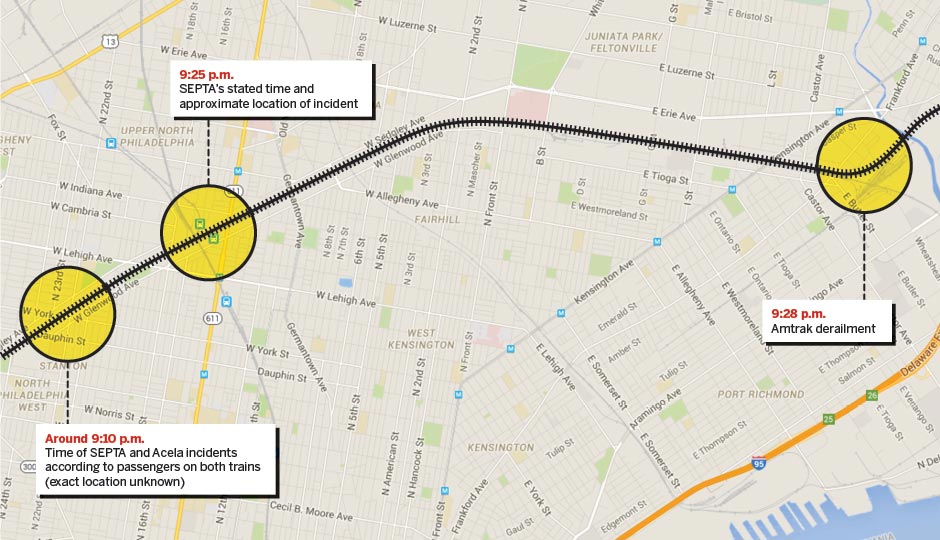I have to elaborate on this:
To those saying the private railroads got out of passenger trains solely because they were not profitable. Yes, that is true, but for far more complex reasons than as simply stated here. First, advances in air travel after WW-II sucked passengers away from railroads due to SPEED of travel.
...and massive government subsidies to airports, along with a regulated duopoly system which guaranteed airline profitability
Second, advances in automobile technologies and development of the Interstate system sucked many more due to efficiency of PERSONAL travel.
...and massive government subsidies to the road system, of a scale which is hardly imaginable. The federal government paid 90% of the cost of pretty much any crazy road project anyone came up with, while state and local governments paid the rest.
Meanwhile, the railroads were paying very high property taxes on their land (often much higher than neighboring property owners), and paying a surcharge "ticket tax" dating from WWII.
Starting in the late 1940s, the deck was stacked against the railroads.
Thirdly, and the straw that broke the camel's (railroad's) back, was the cancellation of ALL mail contracts by the US Postal Service in 1967. The Postal contracts were the only revenue source that allowed private railroads to balance and offset the perennial losses from carrying passengers. The one positive aspect of carrying passengers that the railroad executives recognized was that passengers, mostly corporate executives, decision-making managers, and publically notable figures, enjoyed was the on-time performance and luxury service similar to that from a five-star hotel. It wasn't until passage of the Staggers Act in the early 1980s that railroads were deregulated and removed from the tightly-controlled choke-hold of their rates and tariffs by the Interstate Commerce Commission that had existed since the early 1900s. The Staggers Act allowed railroads to charge actual costs for transportation, rather that what Congress and the ICC thought was fair and appropriate, a pathetically laughable situation.
In addition, the ticket tax was repealed, localities were required to charge property taxes at rates which were the same as they charged other property owners, and railroad diesel fuel was given the same tax exemption as airline fuel. The huge levels of road & airport subsidies continued, although the airport subsidies started declining in the mid-1990s after some well-publicized money-pits, and the road subsidies finally started dropping around the time the Highway Trust Fund ran out of money (four or five years ago).
By then, of course, the passenger services had mostly been transferred to public agencies. Who have done a pretty good job frankly, having been handed decades of deferred maintenance.

























































